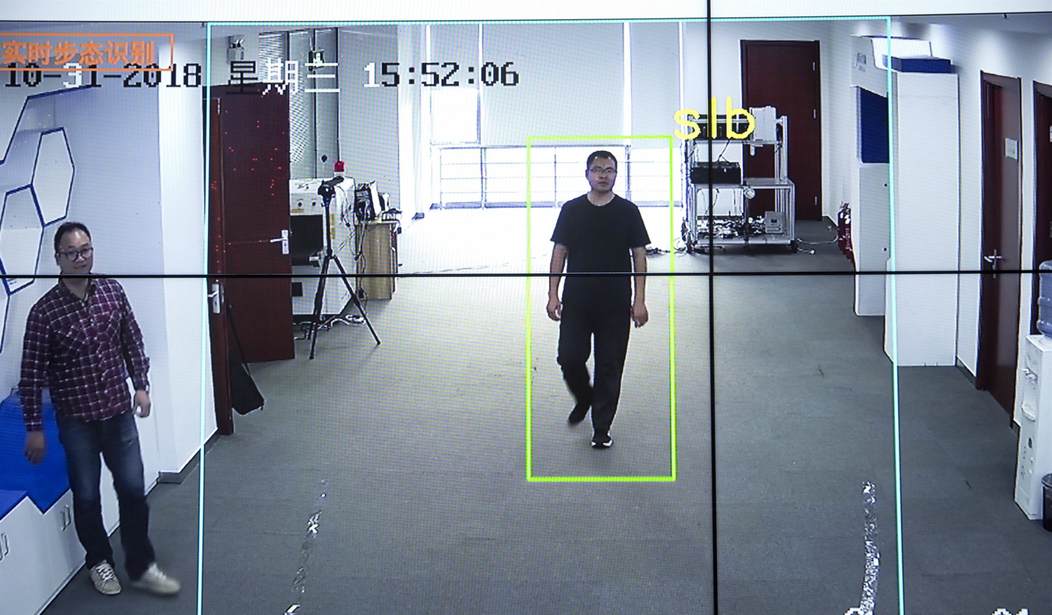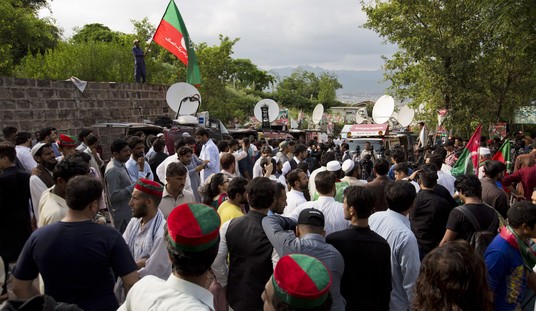The Screen Actors Guild (SAG) and the American Federation of Television and Radio Artists (AFTRA) joined the Writers Guild of America (WGA) on the picket lines on Friday as all three major unions in Hollywood went on strike for the first time since 1960.
There are two major issues to be settled: how the industry will adapt to the explosion of streaming services that in some cases deny actors and writers full access to the lucrative residual market. The other issue is the artificial intelligence revolution that may do away with the need for actors and writers altogether.
For the vast majority of working actors, residuals represent the means by which they can stay afloat financially. Every time an episode of an over-the-air, satellite, or cable show is broadcast, the actors in that episode receive a check from the distributor. But it’s different for streaming services because the companies refuse to share how many of their customers are accessing the shows.
Those residual checks are getting smaller and smaller, and actors and writers worry about a “gig economy” embedded in a union workforce as production companies try to take advantage of loose enforcement of rules.
But it’s artificial intelligence that will be the biggest sticking point in negotiations. SAG-AFTRA made that clear after the initial proposal from the Alliance of Motion Picture and Television Producers (AMPTP), which represents the studios and production companies.
Duncan Crabtree-Ireland, SAG-AFTRA’s chief negotiator, detailed a proposal from the studios that sounded, well, creepy.
And their concern was justified, as chief negotiator Duncan Crabtree-Ireland laid bare the AMPTP’s so-called “groundbreaking AI proposal,” which holds the potential to wipe out an entire pathway to breaking into the industry, as well as a reliable source of income for many. The reported proposal hinged on the ability for background actors to be “scanned, get paid for one day’s pay” and for that company to “own that scan of their image, their likeness, and to be able to use it for the rest of eternity in any project they want with no consent and no compensation.”
“It literally was all of our worst fears confirmed when we heard that,” actress Jamie Miller tells Rolling Stone. “It’s kneecapping people from the start.”
“How can I start a career when one of those options is essentially selling my soul?” asks actor Patrick McCann.
What makes this proposal so concerning is that less than 2% of all members of SAG and AFTRA make what could be considered a “living wage.” At any given time, 90% of actors are unemployed. This proposal would prevent hundreds perhaps thousands of actors from breaking into the industry.
The gravity of the consequences of AI effectively replacing background actors can’t be overstated. Background actors serve as the backdrop of busy scenes and crowd shots in film and TV projects, filling up otherwise empty restaurants, the passersby on streets, the raucous partygoers; the peripheral characters on period shows dressed in appropriate garb.
Background work serves as a pathway for actors looking to break into the business, allowing them to learn how a set operates, meet fellow actors and industry connections, and eventually can lead to qualifying for SAG-AFTRA membership, which in turn can help land bigger roles. The daily rate for union members is under $200 a day — for days that can stretch up to 16-18 hours. Some background actors can fully support themselves with such work, while others book shows here and there to pad out bank accounts in-between gigs or seek work in other industries.
“It’s crazy, it’s wrong — it’s taking money out of people’s pockets,” says one Chicago-based actor. “The studios are getting away with one thing after another.”
The impact on the entertainment industry of a long strike will be severe for both workers and viewers. Live television will disappear, and scripted shows will be delayed. Depending on how long the strike lasts, entire seasons of broadcast shows may be lost.
Frankly, I hope that the unions can negotiate to keep dead actors off the screen. The thought of “Rambo 15” or “MI20” is a little too much to take.









Join the conversation as a VIP Member